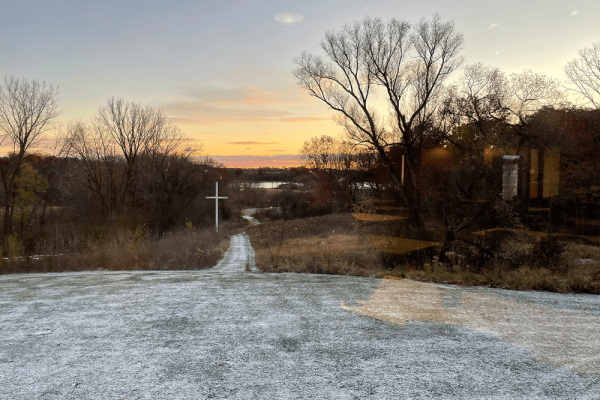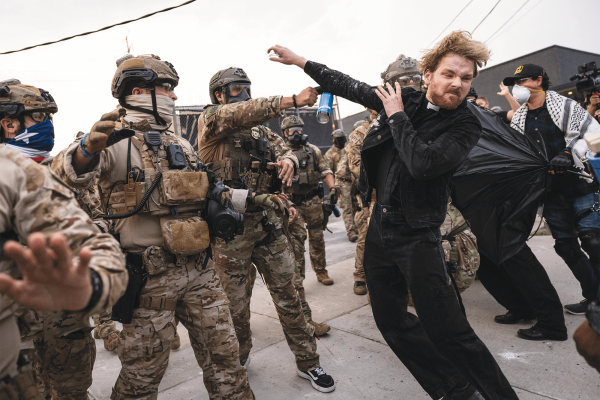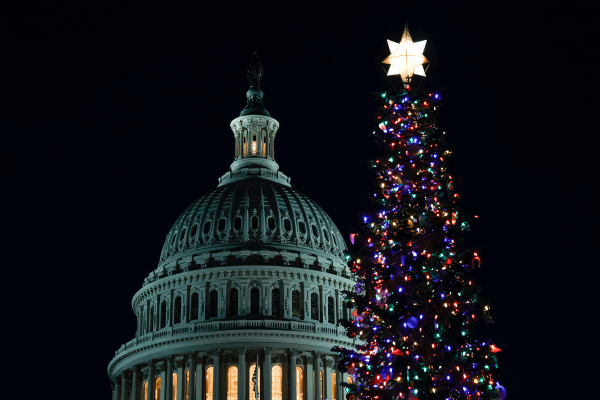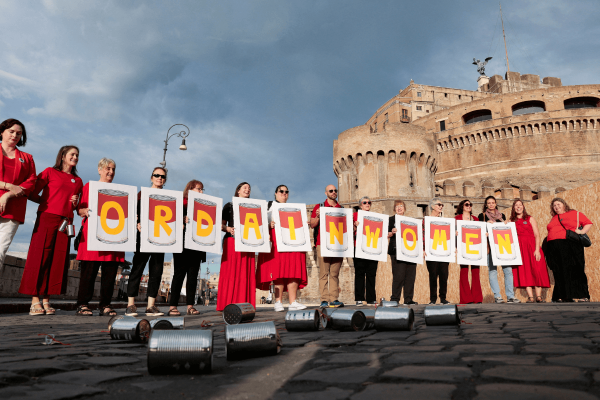My Grandma Downing used to make homemade biscuits for breakfast when we stayed with her in the hot summers. Every morning I’d wake up to the same smell of fried eggs, bacon, sausage, and those buttery biscuits. My grandma, a widow for many years, lived and thrived on her southern Oklahoma farm. She was a beautiful, independent woman. But what I didn’t understand, maybe what she wasn’t aware of either, is that she was a woman of resistance.
We are members of the Potawatomi Citizen Band, a small tribe out of Oklahoma. My grandma’s siblings lived in Shawnee, where the tribal headquarters are located, and whether they were actively participating in local native practices or not, they were part of a legacy.
My grandma’s hard work to care for her family, to tend to her land, to keep her home safe and good was an act of resistance, a proclamation that she would live a humble life on her own terms, with her own family, despite the violations brought against the people and other native tribes who came before her.
In my own way, I do the same today. I care for my home, I write, I lead worship, and I teach my two children what it means to be a citizen of this nation, to be a Christ-follower in this world.
And I continue the legacy my grandma left. I don’t make biscuits often, but I pick sugar snap peas from the garden. I live into her legacy because I live into my own native identity as an American citizen, as a Christian, as a mother, wife and writer.
But these times of resistance are also heavy, and in the daily work that tethers us to the people who came before, we also have to stop, rest, and remember things like Sabbath, so that we don’t grow too weary.
And I am weary.
So when the weekend comes, our family carves out extra time to stop and breathe, because it is necessary for the hard work of beginning again in the next week. I lead worship on Sundays, so that is technically my work day in the midst of the Sabbath weekend. I lead worship in a church that has a very diverse congregation, many of whom have opposing political views.
Still, we gather. We worship, we rest, we revive ourselves, and we begin again.
What I know is that these things go together — we remember the ones who came before us — our ancestors, both in family line and in our faith, the people who prepared the way.
Then, we rest in that knowledge, we prepare our own journeys for the hard work ahead, the work of making the church a better and truer image of Jesus in this world. We know that resistance takes energy and patience, and that it often requires a lot of pain. So we balance all of that energy with the practice of rest, and we carve it out as a priority.
And then, we resist. We do the hard work, the daily work, the strenuous work that we are called to. I write weekly letters to Trump. I engage the church in becoming a safe place for people of color to find themselves welcomed and able to share without fear. I learn what it looks like to be a Native American Christian in today’s America, and I teach the people around me to become aware of truths they may not have known before in regards to indigenous peoples, their history, and the treatment they received from missionaries and numerous government decisions.
My tribe, the Potawatomi tribe, call ourselves the “people of the fire,” not only because we would tend to a fire in the hearth of our homes, but because we had, within ourselves, a fire that could not be put out.
We remembered. We rested. We resisted.
And today, indigenous peoples are still resisting.
But so are many of us, native and non-native, who believe that the church should be better than it currently is, who believe that this nation should take on a new legacy other than the legacy it established in its beginning.
So this weekend, we find balance so that we keep healthy and whole in the constant progression toward a better America that represents all the people who live here and a better faith that represents the love of God.
Got something to say about what you're reading? We value your feedback!







